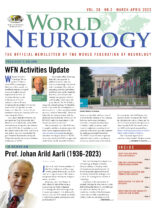By Wolfgang Grisold
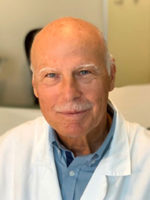
Wolfgang Grisold
Welcome to World Neurology. We are glad to be able to share WFN proceedings in this issue. Unfortunately, the worldwide situation in regard to armed conflicts has not improved. In addition, we witnessed the earthquake in the region of Turkey and Syria, and we all want to express our sympathies. We are also aware of the critique that we omit many other disasters that occur in our member societies, and I apologize for not mentioning all of them.
To continue with the bad news, our past president, Prof. Johan Aarli, died March 26, 2023. His merits for the WFN were enormous in regard to the relations with the WHO, the Africa initiative, and the history book on the WFN. His funeral was April 4, 2023, and was attended by past-President Raad Shakir and myself. (Please also see the obituaries and tributes in this issue of WFN).
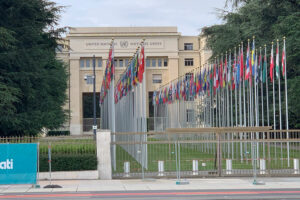 The London office is keeping busy with our agendas. In addition to Laura, Jade, and Carlos, we have help from Yannik and, increasingly Chiu, with our expanding activities and website as well as social media. Kimberly Karlshoej, who served as the strategic and program director and has added much vigor and great ideas for the WFN, had to resign for personal reasons. We thank her for all of her work. We will implement a new structure of a voluntary project-based assistant, called an “internship,” which will help with our communication with the global societies such as the WHO and UN ECOSOC under the supervision of Alla Guekht and the London office.
The London office is keeping busy with our agendas. In addition to Laura, Jade, and Carlos, we have help from Yannik and, increasingly Chiu, with our expanding activities and website as well as social media. Kimberly Karlshoej, who served as the strategic and program director and has added much vigor and great ideas for the WFN, had to resign for personal reasons. We thank her for all of her work. We will implement a new structure of a voluntary project-based assistant, called an “internship,” which will help with our communication with the global societies such as the WHO and UN ECOSOC under the supervision of Alla Guekht and the London office.
The cooperations with the WHO are invaluable, and the main project presently is the further implementation of the intersectoral action plan for epilepsy and other neurological disorders (IGAP). As you may recall, the IGAP was approved at the World Health Assembly (WHA) in Geneva in May 2022, and has a time of 10 years for the duration of the program. It focuses on advocacy, treatment, prevention, research and innovation, and public health awareness, and is meant to implement neurology in all countries of the world and also empower the existing neurological structures. The WHO has outlined the important indicators and is currently working on the further development of the toolkit for optimal use. The WFN is proud to say that it is able to support the WHO in this important task as a donor, and we will be involved in the further process of advancing the IGAP. Our recent article on IGAP can be openly accessed here: https://www.jns-journal.com/article/S0022-510X(23)00105-3/fulltext
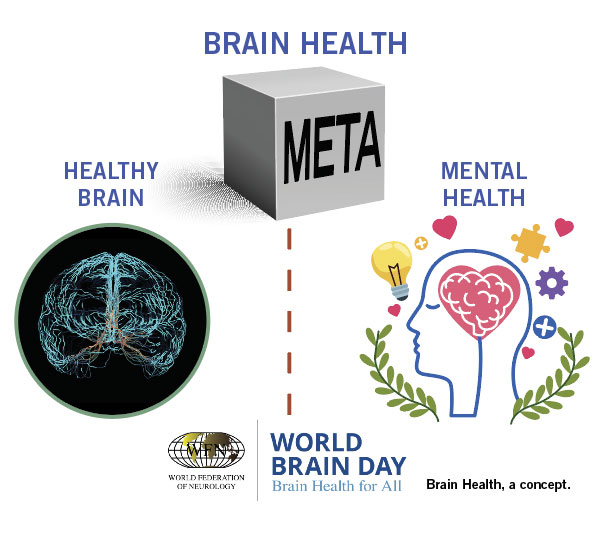 One important aspect of our activities is brain health. Despite several definitions, interests, and a number of stakeholders, the concept of brain health is important, and also closely connected with the IGAP. I want to remind readers that the next WFN World Brain Day (WBD) bears the title “Brain Health and Disability,” and thus indicates that the WFN is following the route to support the brain health concept, which was initiated in 2020. Although brain health is a universal concept, it needs to be targeted from many perspectives. The function of a healthy brain in all developmental stages from the prenatal period into old age, as well as the close connection of brain function with mental disorders, are pragmatic directions for neurologists. These need to be supported by many initiatives as delineated in the IGAP and by the WHO paper on brain health.
One important aspect of our activities is brain health. Despite several definitions, interests, and a number of stakeholders, the concept of brain health is important, and also closely connected with the IGAP. I want to remind readers that the next WFN World Brain Day (WBD) bears the title “Brain Health and Disability,” and thus indicates that the WFN is following the route to support the brain health concept, which was initiated in 2020. Although brain health is a universal concept, it needs to be targeted from many perspectives. The function of a healthy brain in all developmental stages from the prenatal period into old age, as well as the close connection of brain function with mental disorders, are pragmatic directions for neurologists. These need to be supported by many initiatives as delineated in the IGAP and by the WHO paper on brain health.
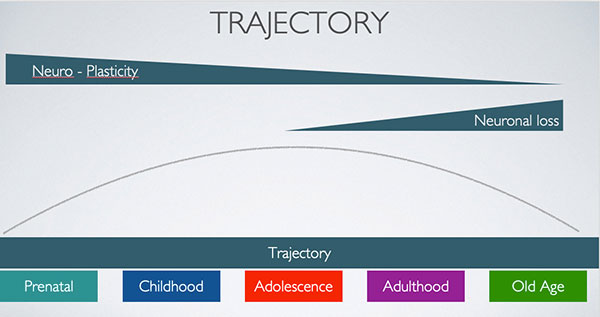 The 2023 topic of “Brain Health and Disability” also aligns with initiatives of the WHO. We are developing the WBD program jointly with the six WFN regions and have also invited the World Federation of Neurorehabilitation as a partner. This worldwide society has its focus on neurorehabilitation and promotes development and research.
The 2023 topic of “Brain Health and Disability” also aligns with initiatives of the WHO. We are developing the WBD program jointly with the six WFN regions and have also invited the World Federation of Neurorehabilitation as a partner. This worldwide society has its focus on neurorehabilitation and promotes development and research.
The progress of the WBD toolkits and activities can be found on the WFN website, and here for updates. The WBD is chaired by Tissa Wijnerate, and David Dodick. We are again supported by Yakkety Yak as a professional public relations agency.
Education: From our numerous educational activities, we are glad to report that another four-year neurology trainee has started training in Dakar. The department visits will be extended to Asia for Asians. This year’s African educational day’s topic will be “neuropathies.” There will also be a joint educational day on headache jointly with IHS GPAC, and we are on the way to establish an Asian educational day jointly with AOAN, which will have stroke in Asia as a topic.
The concept of the World Federation of Neurology Teaching Centers (WFN TCs) was first introduced in 2013, and it is an excellent occasion to celebrate 10 years at the World Congress of Neurology (WCN) in Montreal.
The first TC in Africa was established in Rabat, Morocco, with significant support from the Moroccan society, followed by TCs in Cairo, and Dakar. Another TC was opened in Mexico City for Latin America, and followed by Cape Town. The intention now is the establishment of a WFN TC in the Asian region.
The concept of the teaching centers is to create centers of excellence and also to empower local teaching. Starting with one-year general training, the concept has dynamically grown and has a diversification in fellowships and full four-year training.
We are all excited and looking forward to the WCN in Montreal, organized jointly with the Canadian Neurological Society (CNS). The congress will take place Oct. 15-19 in Montreal, Canada. The WCN will feature plenary lectures, topics, free presentations, debates, poster sessions, and an attractive teaching course program. The WFN has increased the outreach to other societies and global institutions, and we expect several joint sessions. As new items, we will have a patient platform, a patient day, debates, and several smaller events allowing for more direct contact to our speakers.
The WFN sent out three surveys to member societies and delegates: one on rare diseases, one on education for young neurologists, and one on the awareness of IGAP. Unfortunately, the questionnaire on IGAP received least attention by our membership, and we would like to remind the members on the importance of IGAP as a true joint global project with the WHO.
The Council of Delegates (COD) meeting this year will be at the Montreal Congress, and we hope that many of the delegates will be able to come in person. The COD will also be hybrid due to travel issues, finances, or other reasons some delegates may not be able to attend in person. There will be two elections, one for the Treasurer (to follow Richard Stark), and one for the position of an elected trustee (to follow Morris Freedman). Also, this year’s election will be electronic, and details and instructions will be sent out in the near future.
All in all, we have an exciting year ahead of us, and we hope to be able to continue with this pace. We look forward to the WCN in Montreal. •
